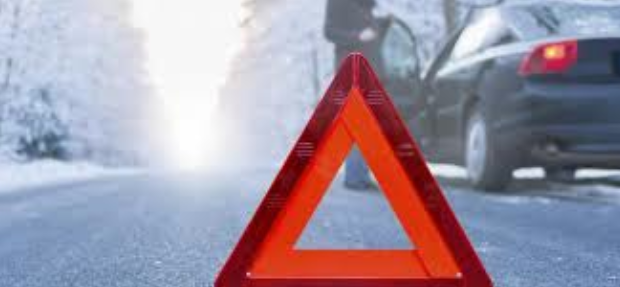
It’s every driver’s nightmare. You’re driving along, it’s dark and wet, when suddenly you notice something’s not right with your car. Perhaps it’s that squeak that seems to be getting louder – a grinding noise maybe. It could even be something more definite – your lights have failed or your tyre is flat! Because cars are relatively complex machines, with lots of parts, there’s always some chance, however small, that something will go wrong. While ongoing servicing and maintenance are your best protection against unforeseen problems, it does still pay to be prepared. If you regularly drive a car, it makes sense to put together an emergency car kit especially for those moments when it’s either ‘fix it yourself’ or a long night stuck on the side of the road.
Roadside Assistance Scheme
If you are part of one of the many Roadside Assistance Schemes out there these days, it’s usually just a matter of a phone call. Most supply a membership card, window sticker or key-ring with their contact details on, just in case you do break down. It’s a good idea to keep your membership card with you so that if you do find yourself stranded, then you can get straight on the phone to them and get them to come out and fix it for you. For those who aren’t covered by such schemes, it makes sense to have a roadside emergency kit in your boot, as you may be able to get yourself back on the road quicker than any help that may or may not be on its way.
Gather together the following items in a large waterproof box or container:
- Water – both to drink and use in your radiator should your car overheat
- Jumper Leads – if you have a flat battery and you’re not too far away from home you could possibly ring a friend or a family member to come and give you a jump start. They should be at least 2.5 meters long, preferably with spike protection built in (this helps avoid damage from a power surge in voltage when the leads are disconnected, which can cause damage to components such as on-board computers and alternators).
- Half a litre of oil – add some rubber or disposable gloves
- Extra fuses (check the type your car uses first – and carry a selection of amperage ratings)
- Torch
- Flat head and Philips head screwdriver
- Paper Towel
- Duct Tape
- Pliers
- Adjustable spanner
- A help sign or a pen and paper to write on
- Pocket or Swiss army knife
- Ice Scraper and de-icer
- Travel fire-extinguisher
- A road-atlas or map of the area you are in
- Of course, it’s helpful if you also have a first-aid kit which includes plaster, antiseptic cream, a couple of gel hand warmers, scissors, painkillers, and an assortment of bandages and medical tape.
Supplied by MTA
